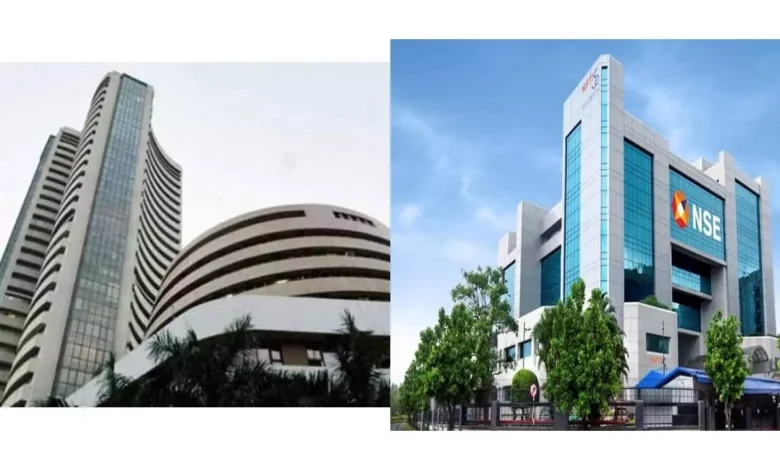Democratisation of profits underway in India Inc

New Delhi, Feb 19 : The Nifty profit after tax growth of 16% year on year was significantly below that of the BSE 500 (26% YoY), reinforcing our thesis of democratisation of profits and reinforcing our positive view on small and mid caps, Emkay Global Financial Services said in a report.
“One wrinkle is the convergence in revenue growth across both indices: if this continues, profit growth is also likely to converge over time, the margin differential is narrowing. This would make the SMID story even more bottom-up and the broad outperformance may dwindle. We will watch this trend in Q4FY24m,” the report said.
Q3FY24 earnings were strong and largely in line with estimates. Topline growth remains weak, and margins — though stable sequentially –benefited from a weak base last year. Consensus Nifty earnings estimates remained resilient and unchanged through the earnings season. Industrials stood out on topline and margins, while consumer discretionary was aided by operating leverage. Financials reported steady growth, although the base effect is dwindling and growth rates are tapering. We remain constructive on the markets, and expect most of the CY24 returns to be bunched in the April-September period, the report said.
The BSE-500 aggregate earnings were, once again, strong and resilient. For non-financials, topline growth saw sequential acceleration, from -1% YoY (in Q2FY24) to 4% YoY (in Q3FY24). Margins though have started to peak and EBITDA margins were down by 50bps QoQ to 18.2%.
Overall, PAT growth was strong at 26% — still healthy, but sequentially down (58% in 2QFY24), as the positive base effect is now dwindling.
Industrials stood out as a top performer, on growth and margins. Consumer discretionary delivered strong operating leverage on weak sales growth, while materials showed margin and PAT resilience amid a weak topline. Financials continued their steady delivery, but the PAT growth trajectory is now weakening because of the base effect and the upward normalisation of credit costs, the report said.






